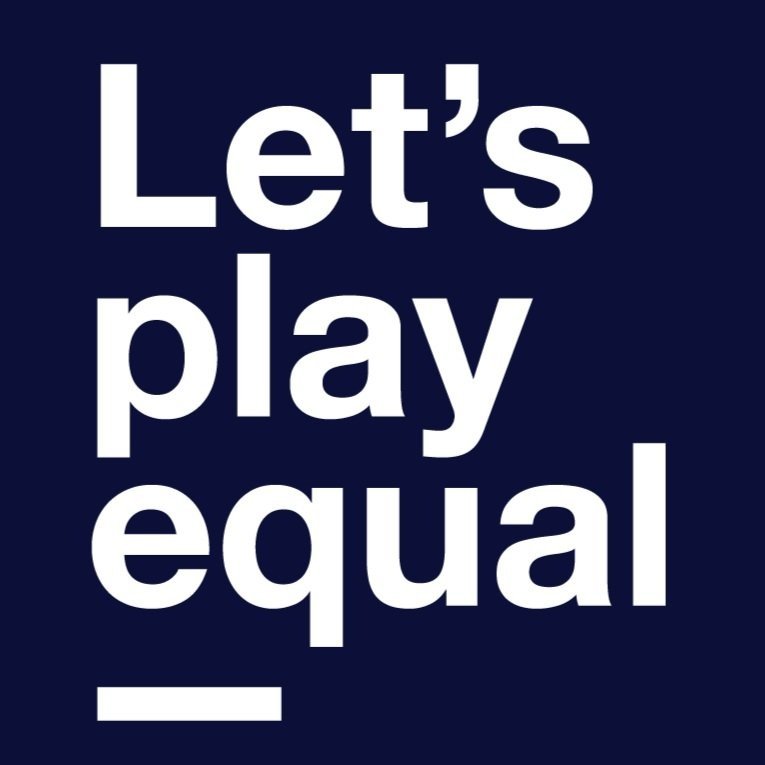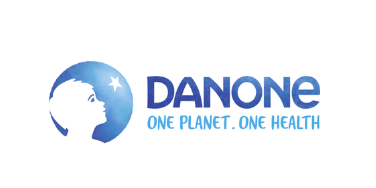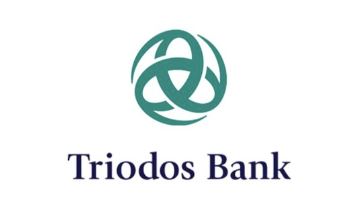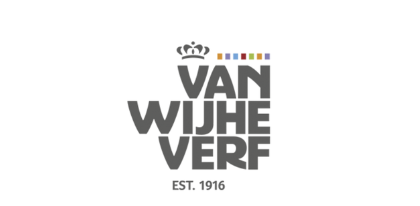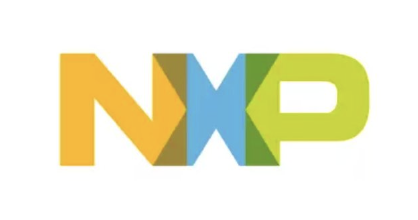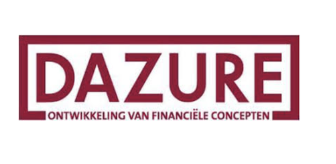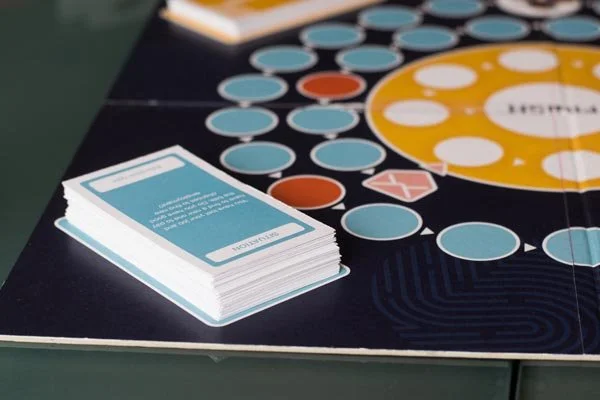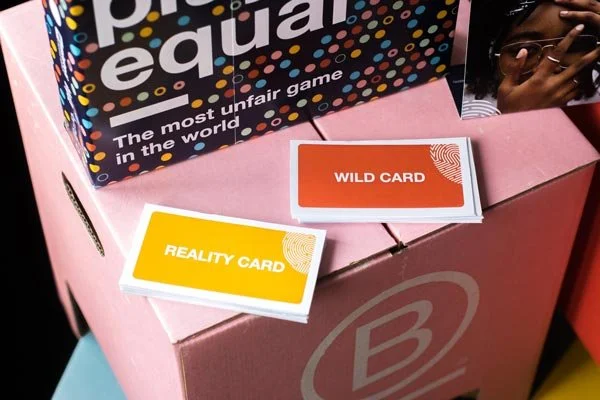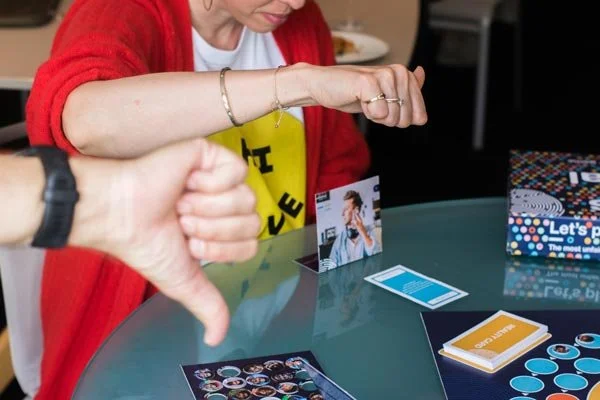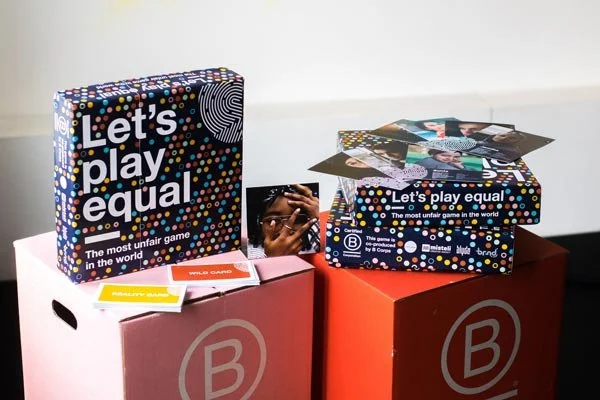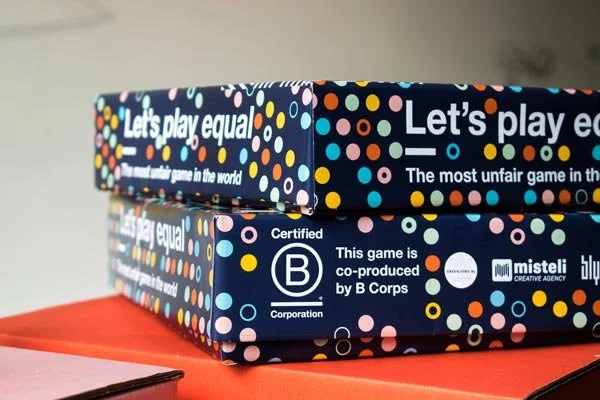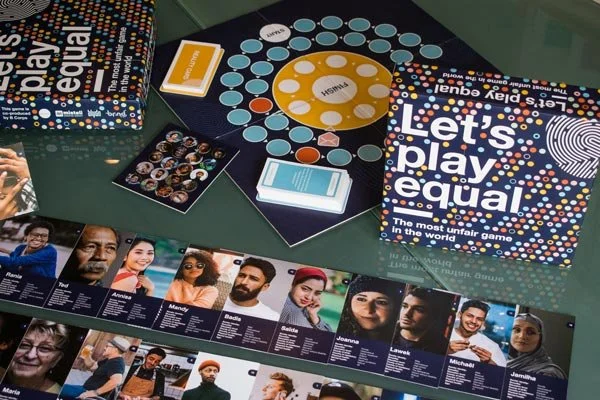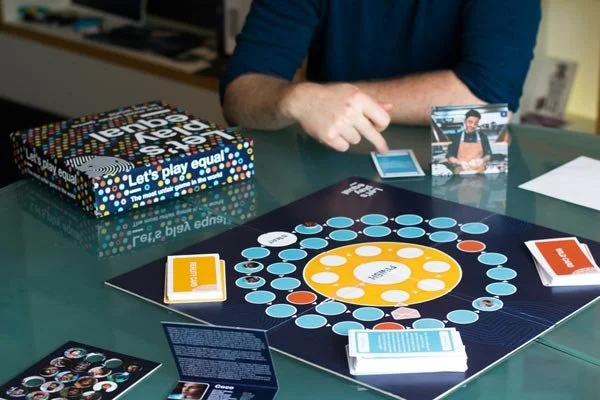The most unfair game in the world.
Board game for Justice, equity, diversity & inclusion.Brands playing equal.
How does the hand we are dealt help or hinder us as we move through life? How does it affect success, love, careers, mindsets, and the experience of everyday life? What does privilege look like, and how does inequality impact different people?
Let’s Play Equal, the most unfair game in the world. Designed to inspire reflections on justice, (in)equality, diversity, and inclusiveness. To help you think through ánd beyond the hand you were dealt and how this helps or hinders you through life.
Discuss, learn, reflect, and try to win!
Business game for teambuilding and understanding of diversity & inclusion.
Diversity is a beautiful thing. But there’s beauty and there’s pain.
Have you ever experienced having limited access to healthcare? Worried about your ability to easily use public transport? Struggled balancing a career and childcare? Been treated as an outsider to the culture you live in? This game will get you there.
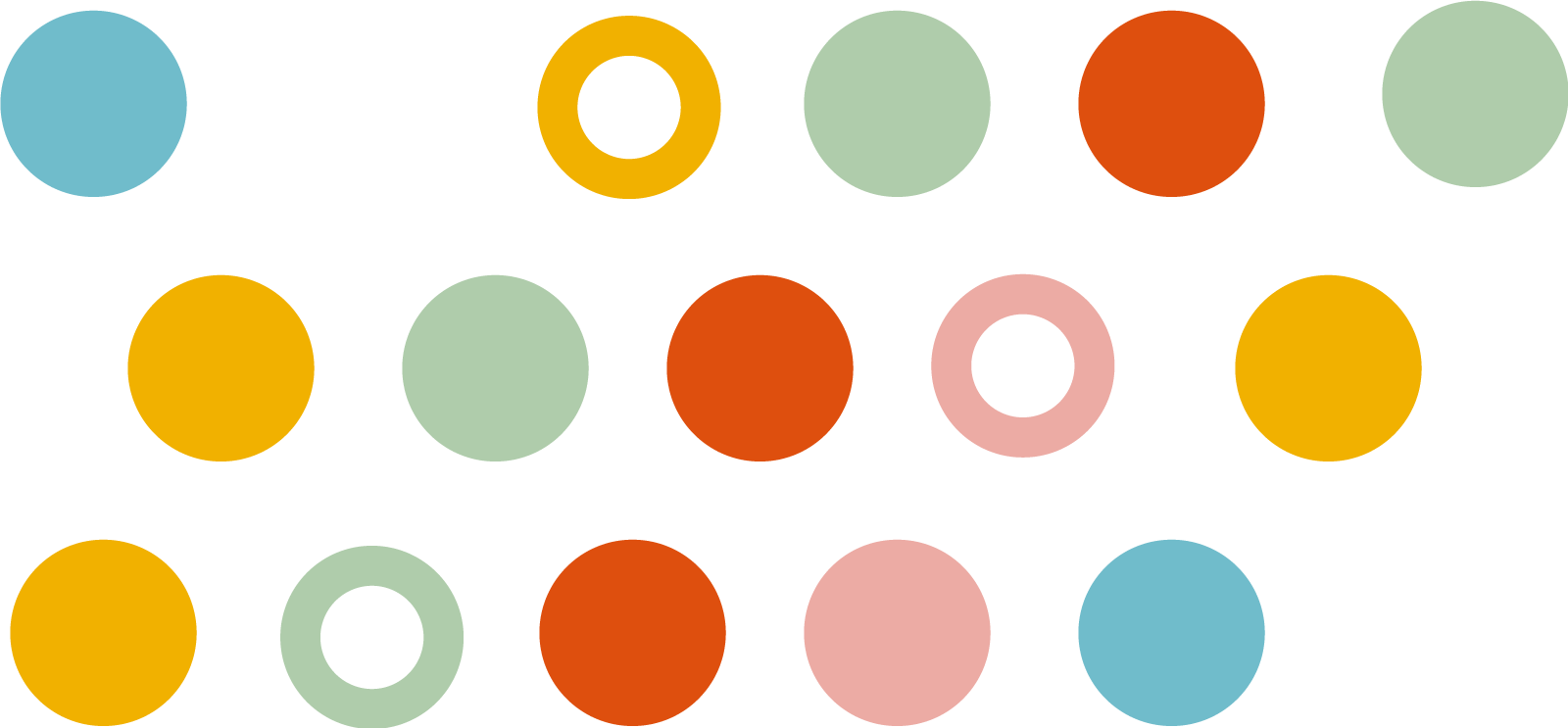
Your teams will:
Enjoy playing!
Become aware of what they (don’t) know, think and feel about themselves and others.
Have real, meaningful conversations.
Open up about their own privileges, vulnerabilities and life experiences.
Be more ready and able to embrace diversity and inclusion policies and behave accordingly.
In the end, benefit from better collaboration and more effective innovation.
It gives your company:
A unique and effective way to kickstart conversations on diversity and inclusion.
An instrumental part of internal courses or training on JEDI*.
A management tool to help leaders implement JEDI* policies and behaviour.
*DEI = Diversity, equity, inclusion, also referred to as
JEDI = Justice, equity, diversity, inclusion
This management tool playfully helps to increase awareness and understanding of sensitive social topics safely and securely.
As the game progresses, it becomes more personal.
A board game for teams of 4-8 players.
Players put themselves in the shoes of personas, based on real people.
The starting position of the game is unequal based on validated statistics.
While playing the game, players run into life events. How is falling in love or buying a house for Sander? And for Coco?
Reflect on your own personal life experiences, vulnerabilities, and privilege
